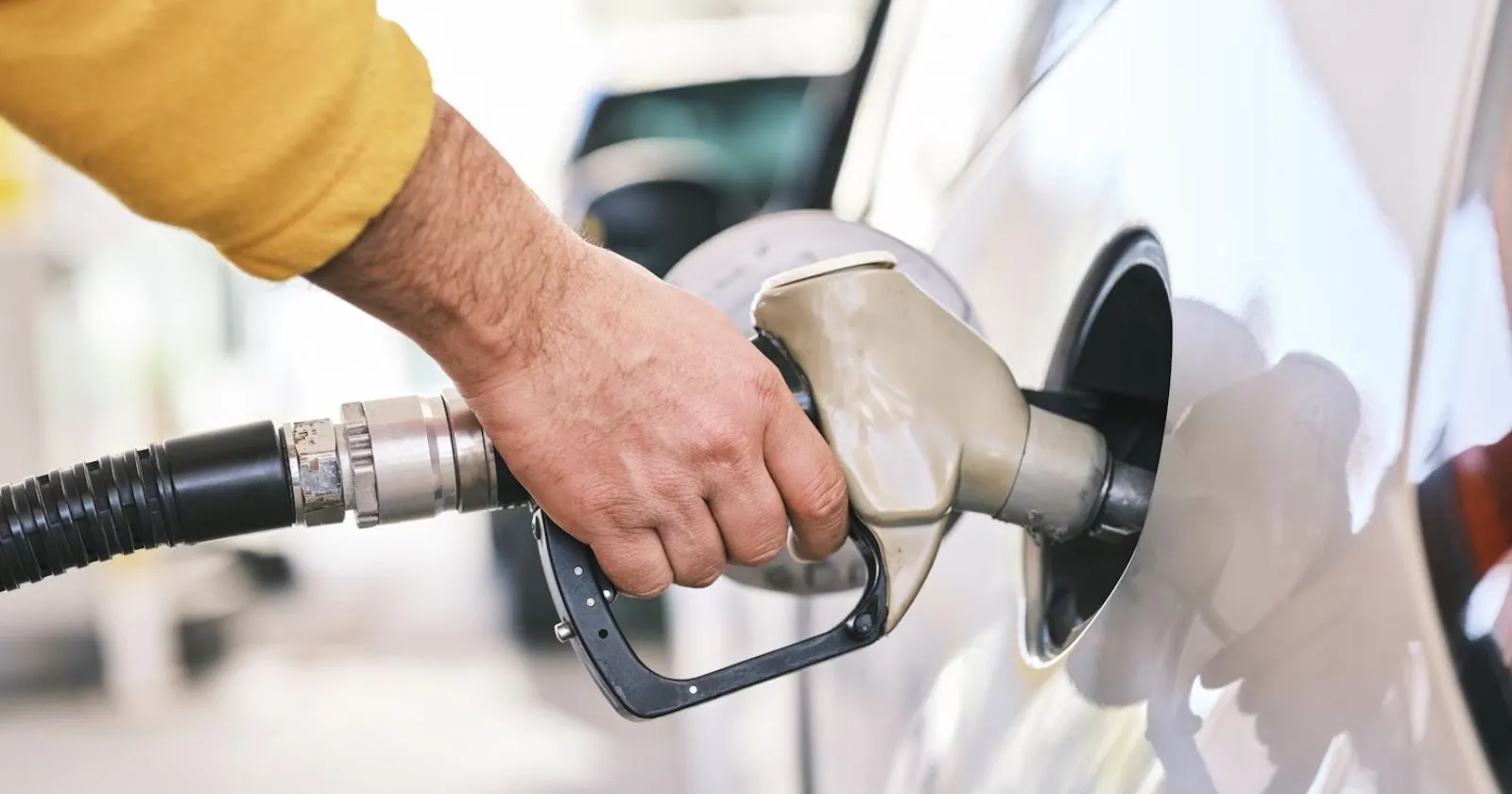
This comes at a time when there are arguments that 20 per cent ethanol-blended petrol causes a drastic reduction in a vehicle's fuel efficiency. (Image: Engin Akyurt/Unsplash)

Share Post

This comes at a time when there are arguments that 20 per cent ethanol-blended petrol causes a drastic reduction in a vehicle's fuel efficiency. (Image: Engin Akyurt/Unsplash)
The Ministry of Petroleum and Natural Gas has addressed concerns about the impact of 20 per cent Ethanol Blended Petrol (E-20) on vehicle performance and longevity. The ministry's response highlighted the substantial environmental and economic advantages of the ethanol blending initiative. This comes at a time when there are arguments that 20 per cent ethanol-blended petrol causes a drastic reduction in a vehicle's fuel efficiency.
According to a PIB media release, biofuels and natural gas are critical transition fuels for India's environmental commitments. These energy sources "provide a practical pathway toward achieving the country's Nationally Determined Contribution targets and the ambitious Net Zero objective by 2070."
Also read: Ethanol-Blended Petrol Push: Govt Dismisses Concerns About Engine Malfunctions, Cites Brazil's Gains
Notably, a study on life cycle emissions of Ethanol done by NITI Aayog has said that GHG emissions in case of use of sugarcane and maize based Ethanol are less by 65 per cent and 50 per cent, respectively than those of petrol.
Ministry officials noted that current performance and mileage concerns were anticipated as early as 2020. An Inter Ministerial Committee from NITI Aayog conducted extensive examinations of these issues, supported by comprehensive research from IOCL, ARAI, and SIAM organisations.
"The use of E-20 gives better acceleration, better ride quality and most importantly, lowered carbon emissions by approximately 30 per cent as compared to E10 fuel. Ethanol’s higher-octane number (~108.5 compared to petrol’s 84.4) makes Ethanol-blended fuels a valuable alternative for higher-octane requirements that is crucial for modern high-compression engines.
"Vehicles tuned for E20 deliver better acceleration which is a very important factor in city driving conditions. Additionally, Ethanol’s higher heat of vaporisation reduces intake manifold temperatures, increasing air-fuel mixture density and boosting volumetric efficiency," the ministry added.
The ethanol blending programme has generated significant benefits for India's agricultural sector.
"In addition to pollution reduction, there have been transformative benefits in terms of benefits to the rural economy, elimination of sugarcane arrears and improving the viability of maize cultivation in the country. More income to farmers has not only contributed to furthering their well-being but has also helped decisively tackle the challenge of suicides by farmers. It may be recalled that in areas like Vidarbha farmers suicides were widespread a few years ago," the ministry said.
The programme has transformed farmers from "Urjadaatas" (energy providers) in addition to their traditional role as "Annadatas" (food providers), redirecting funds previously spent on crude oil imports directly to agricultural communities.
Between Ethanol Supply Year 2014-15 and July 2025, the ethanol blending program by Public Sector Oil Marketing Companies has achieved remarkable results:
At 20 per cent blending, it is expected that payment to the farmers in this year alone will be to the tune of ₹40,000 crore and forex savings will be around ₹43,000 crores.
Ethanol's higher-octane number (~108.5 compared to petrol's 84.4) makes ethanol-blended fuels particularly valuable for modern high-compression engines requiring higher octane ratings. Vehicles tuned for E20 deliver better acceleration which is a very important factor in city driving conditions.
The fuel's higher heat of vaporisation creates additional benefits by reducing intake manifold temperatures, which increases air-fuel mixture density and enhances volumetric efficiency.
Notably, while E20 fuel offers environmental benefits, auto manufacturers and buyers are raising concerns about potential hazards when using this fuel blend in current automobiles. Numerous older car models were designed specifically for E10 compatibility. Media reports and comments from car owners online have expressed concerns that using E20 could lead to malfunctions, reduced efficiency, and voided warranties.
New-Gen Renault Duster India Launch Confirmed On March 17
Acko Drive Team 25 Feb, 2026, 1:22 PM IST
Toyota Land Cruiser & Lexus LX Recalled In India Over Gearbox Software Glitch
Acko Drive Team 25 Feb, 2026, 12:46 PM IST
Jetour T2-Derived SUV Officially Teased by JSW Motors in India
Acko Drive Team 25 Feb, 2026, 12:05 PM IST
Pune May Ban Vehicles Older Than 15 Years
Acko Drive Team 25 Feb, 2026, 11:55 AM IST
BYD Reportedly Begins Rollout of Megawatt Flash Charging Network in China
Acko Drive Team 25 Feb, 2026, 10:48 AM IST
Looking for a new car?
We promise the best car deals and earliest delivery!
